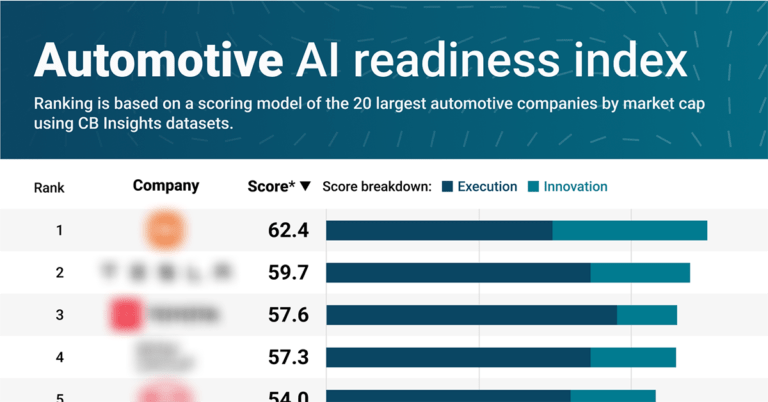
IBM
Founded Year
1911Stage
IPO | IPODate of IPO
11/11/1915Market Cap
238.69BStock Price
256.24Revenue
$0000About IBM
IBM operates as a global technology company involved in artificial intelligence (AI), automation, and hybrid cloud solutions across various sectors. The company provides services that include AI-driven business solutions, enterprise automation tools, and management of hybrid cloud environments. IBM provides services in sectors such as cybersecurity, data governance, and quantum computing research. IBM was formerly known as Computing-Tabulating-Recording Company. It was founded in 1911 and is based in Armonk, New York.
Loading...
Loading...
Research containing IBM
Get data-driven expert analysis from the CB Insights Intelligence Unit.
CB Insights Intelligence Analysts have mentioned IBM in 27 CB Insights research briefs, most recently on Aug 22, 2025.
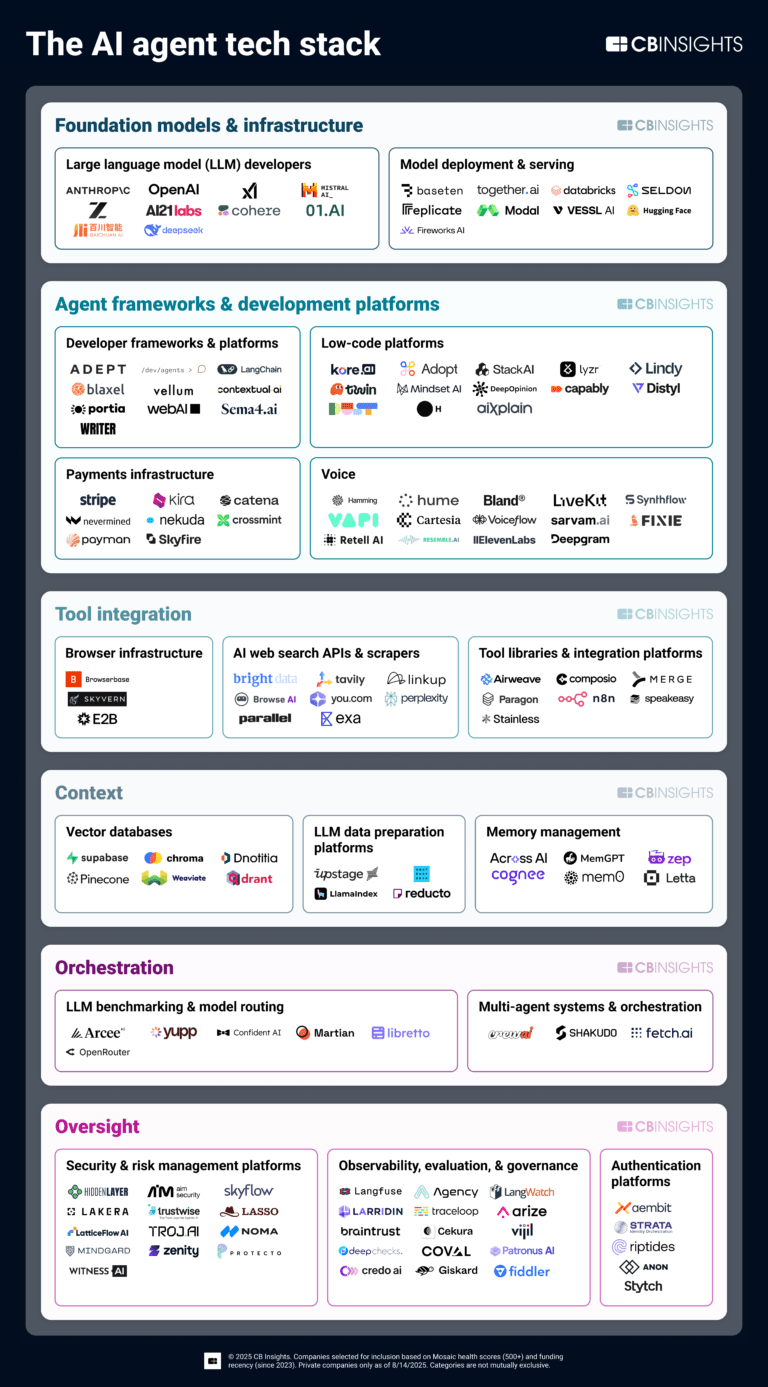
Aug 22, 2025
The AI agent tech stack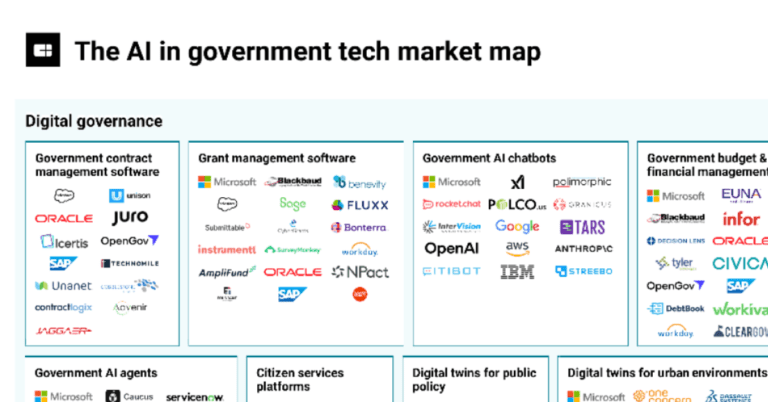
Aug 14, 2025
310+ AI companies transforming government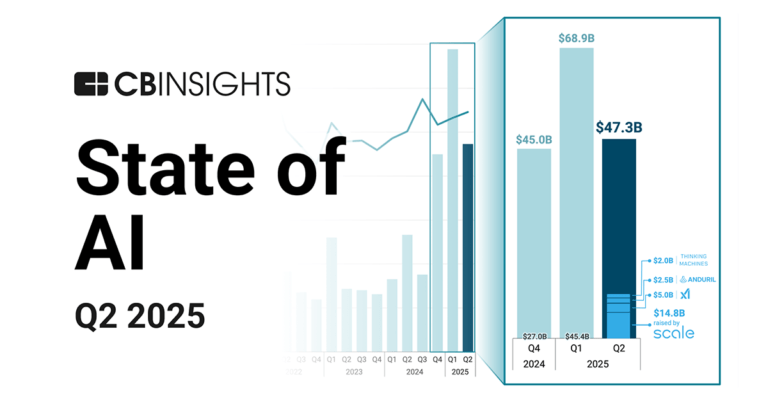
Jul 31, 2025 report
State of AI Q2’25 Report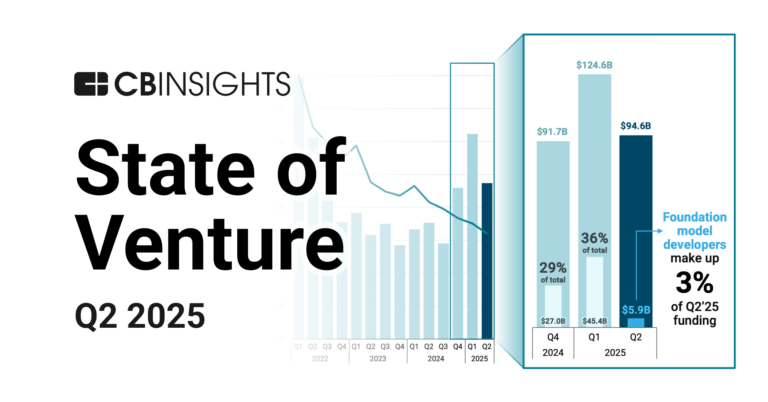
Jul 10, 2025 report
State of Venture Q2’25 Report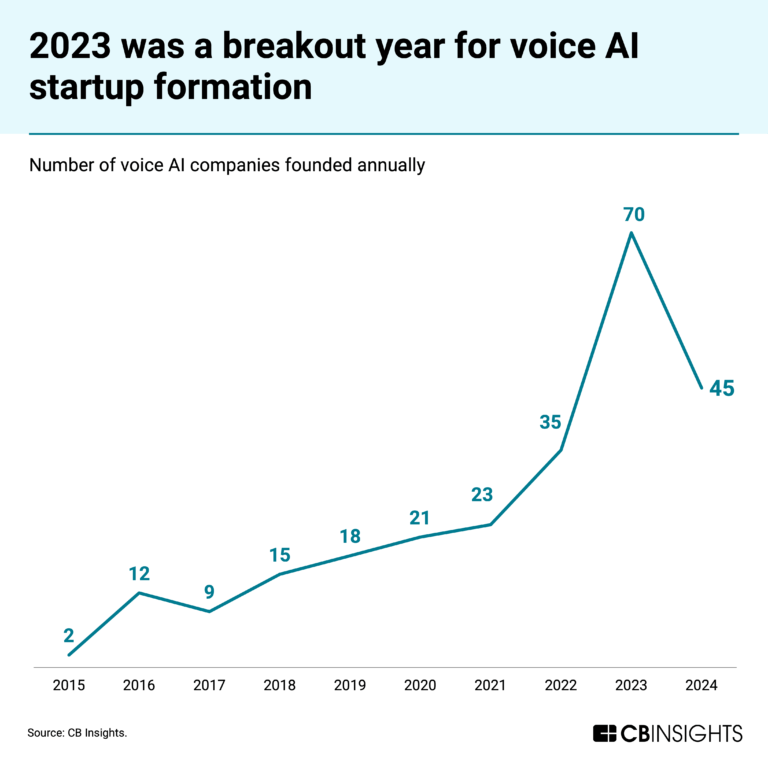
Apr 3, 2025
Voice AI’s sweet spot: ordering fries with that
Mar 21, 2025 report
7 tech M&A predictions for 2025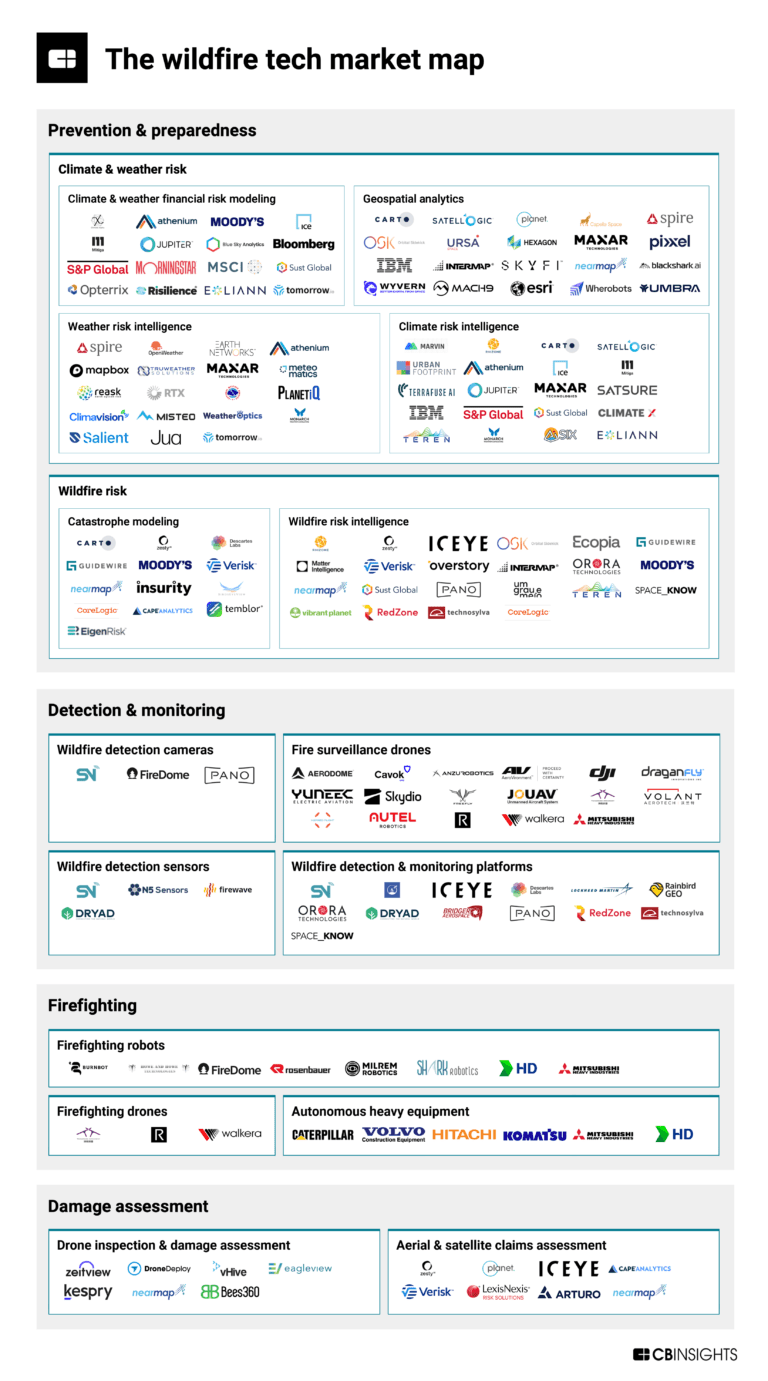
Feb 13, 2025
The wildfire tech market mapExpert Collections containing IBM
Expert Collections are analyst-curated lists that highlight the companies you need to know in the most important technology spaces.
IBM is included in 18 Expert Collections, including HR Tech.
HR Tech
6,137 items
The HR tech collection includes software vendors that enable companies to develop, hire, manage, and pay their workforces. Focus areas include benefits, compensation, engagement, EORs & PEOs, HRIS & HRMS, learning & development, payroll, talent acquisition, and talent management.
Construction Tech
1,508 items
Companies in the construction tech space, including additive manufacturing, construction management software, reality capture, autonomous heavy equipment, prefabricated buildings, and more
Smart Cities
2,455 items
Smart building tech covers energy management/HVAC tech, occupancy/security tech, connectivity/IoT tech, construction materials, robotics use in buildings, and the metaverse/virtual buildings.
Conference Exhibitors
5,302 items
Cybersecurity
11,029 items
These companies protect organizations from digital threats.
Fintech
9,777 items
Companies and startups in this collection provide technology to streamline, improve, and transform financial services, products, and operations for individuals and businesses.
IBM Patents
IBM has filed 10000 patents.
The 3 most popular patent topics include:
- computer memory
- machine learning
- data management

Application Date | Grant Date | Title | Related Topics | Status |
|---|---|---|---|---|
5/24/2019 | 4/8/2025 | Cryptographic protocols, Cryptography, Computer network security, Authentication methods, Transport Layer Security | Grant |
Application Date | 5/24/2019 |
|---|---|
Grant Date | 4/8/2025 |
Title | |
Related Topics | Cryptographic protocols, Cryptography, Computer network security, Authentication methods, Transport Layer Security |
Status | Grant |
Latest IBM News
Sep 16, 2025
The government's , backed by an initial allocation of Rs 10,300 crore till 2029, is being positioned less as an end in itself and more as a catalyst to attract large-scale private investment. Already, it has triggered commitments from major tech players and data centre operators. Abhishek Singh, additional secretary, and CEO of the IndiaAI Mission, tells Ojasvi Gupta how this seed funding is shaping the AI ecosystem, why governance will be sector-led, and what to expect from indigenous model development. Excerpts: How do we plan to create the infrastructure for data centres? Data centres can't exist in isolation. They need undersea cables for data transfer, which is why most of them are located in Mumbai and Chennai. A new undersea cable is coming up in Visakhapatnam, which will help build an ecosystem there. Connectivity and energy are the two critical ingredients for data centres, and interestingly, nearly 30% of this energy already comes from renewables. What sort of framework do you plan around AI governance? Our regulatory approach is designed to encourage innovation rather than restrict it. We believe regulation should focus on applications, not the underlying technology. Sectoral regulators will take the lead in deciding how AI can be used in their respective domains. For example, if an AI tool is deployed in healthcare, the health ministry should regulate it. There is no need for a separate overarching regulator. What kind of investments are required for an LLM model to ensure that indigenous models take the lead? Any take on Sarvam? Every technology has its own development journey. is in its early stages, while others may be further ahead, but with consistent effort, they are expected to deliver widely adopted products. We have already announced funding for four additional models, with more to follow soon. There is a structured, comprehensive funding pipeline for indigenous model development. What's your take on the Indian AI Mission? Does the investment of around Rs 10,000 crore set the mark, or should it be more? The Rs 10,000 crore is just a starting point, not a cap. Once this is fully deployed, more funds can be allocated. What matters is that this initial push has triggered significant follow-up investments. Take compute, for instance — private players have already set up 38,000 GPUs worth around Rs 20,000 crore. Alongside, we are seeing large data centre commitments. Microsoft and Jio have announced projects, and we are hearing of interest from and IBM. In total, we expect investments in the ecosystem to cross $10 billion. Is it the impetus provided by the AI Mission that's driving these private sector investments? The government's role is catalytic, but ultimately, businesses invest where they see growth. The domestic AI market is expanding rapidly, and investors are responding to that potential. OpenAI has publicly stated that India is its fastest-growing market. The mission creates the right environment, but market opportunities are what make private commitments sustainable. Do you have any projections yet? How much of this amount is remaining? We have used only a small fraction so far — around Rs 1,000 crore. Even with GPUs, the model isn't about the government buying them but about incentivising industry to do so. Companies like Yotta, E2E Networks and Jio are already investing heavily. The government subsidises end usage, which ensures sustainability. So, future will be a mix of public and private, with the latter likely to outpace the former.
IBM Frequently Asked Questions (FAQ)
When was IBM founded?
IBM was founded in 1911.
Where is IBM's headquarters?
IBM's headquarters is located at New Orchard Road, Armonk.
What is IBM's latest funding round?
IBM's latest funding round is IPO.
Who are IBM's competitors?
Competitors of IBM include Databricks, VMware, Sherpa.ai, Flutura, TheRollNumber and 7 more.
Loading...
Compare IBM to Competitors
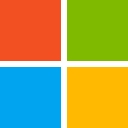
Microsoft Azure is a cloud computing platform that provides various services for building, testing, deploying, and managing applications and services through Microsoft-managed data centers. It includes solutions like virtual machine hosting, data storage, software development tools, and services for big data analytics, artificial intelligence, and Internet of Things integration. Microsoft Azure serves sectors that need computing resources and application development tools. It was founded in 2010 and is based in Redmond, Washington.

Google Cloud operates as a cloud computing service provider offering various solutions, including artificial intelligence (AI) and machine learning, data analytics, and managed databases. The company provides a platform for businesses to leverage AI and machine learning, manage data with analytics, and modernize infrastructure. Google Cloud's services cater to different industries, offering tools for application programming interface (API) management and serverless computing. It was founded in 2008 and is based in Mountain View, California.

Amazon Web Services provides cloud computing services in sectors including technology, finance, and healthcare. AWS offers services such as virtual servers and data storage, as well as AI and machine learning capabilities. The company serves startups, enterprises, and public sector organizations that use cloud technology. It was founded in 2006 and is based in Seattle, Washington. Amazon Web Services operates as a subsidiary of Amazon.
Cisco Kinetic is a business unit of Cisco that help businesses get the right IoT data to the right applications. Cisco Kinetic makes it easy to connect distributed devices to the network, and then extract, normalize, and securely move data from those devices to distributed applications.

Verizon Thingspace focuses on IoT connectivity management and solutions across various sectors. The company offers services including global IoT connectivity, 5G Business Internet, device diagnostics, security, and software management to support IoT solutions. Verizon Thingspace serves sectors such as retail, manufacturing, energy, transportation, and healthcare with its IoT products and services. It is based in New York, New York.

nyris specializes in visual search technologies within the AI and machine learning sectors. The company offers custom search engines that enable users to find products, spare parts, and components using images, keywords, codes, or 3D CAD files. nyris primarily serves sectors that require efficient spare parts management and enhanced search capabilities for industry and eCommerce. It was founded in 2015 and is based in Berlin, Germany.
Loading...

